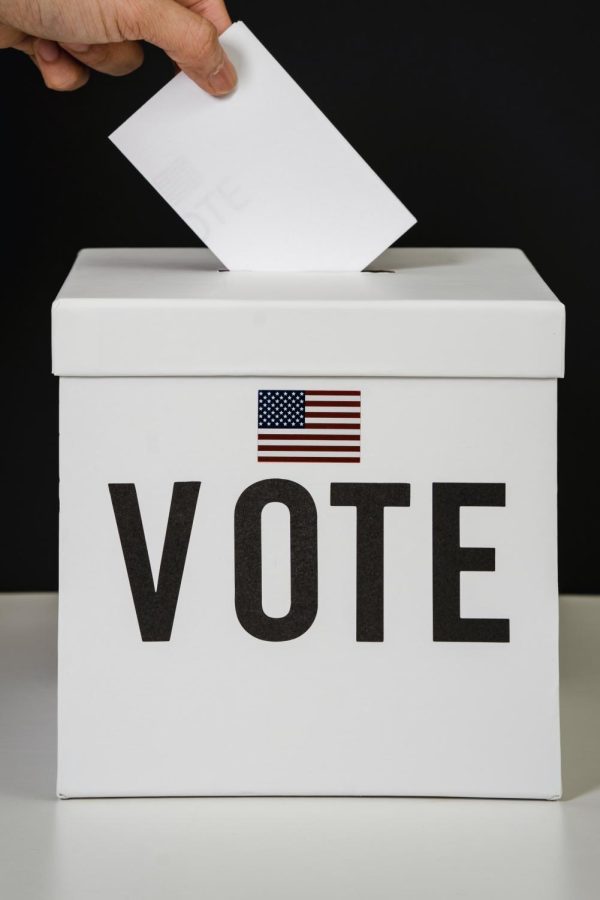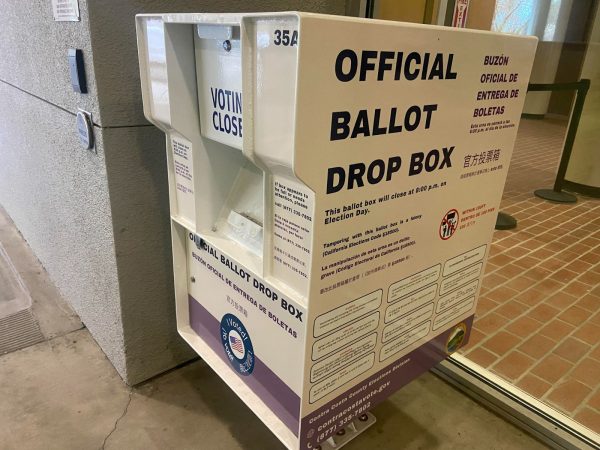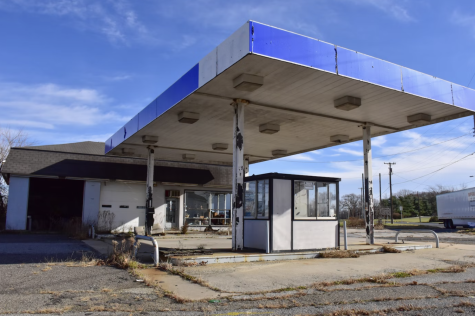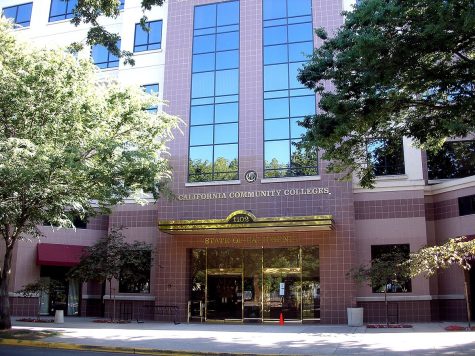2022 Proposition Rundown: What You Need To Know Ahead of the California Midterms
Like other election years, advertising in California has been dominated in recent months by messaging about the state’s ballot propositions. As the midterms approach on Nov. 8, it’s important for voters to understand what each of the seven propositions would do, which parties and organizations endorse them, and why.
Here’s a primer on what you need to know before you approach the ballot box. The following information has been drawn from various non-partisan sources found online, including Voter’s Edge and other voter access outlets..
Proposition 1: Abortion and Contraception
Prop. 1 would amend the California Constitution to list reproductive freedom as an explicit right. This includes the right to an abortion as well the right to choose or refuse contraceptives without state interference. People in California currently enjoy these rights, in addition to the right of privacy over those decisions. Prop. 1 would officially put those rights in the California Constitution.
The measure is supported by the Democratic Party and opposed by the Republican Party. Supporters say Prop. 1 will secure people’s fundamental reproductive rights against future risk. Once the right to reproductive freedom is added to the constitution, it can only be changed with another amendment. In opposing the measure, the California GOP claims the law “allows late-term abortions without limits at taxpayer expense.”
Proposition 26: In-Person Sports Betting in Tribal Casinos
Prop. 26 seeks to legalize in-person roulette, dice games and sports betting in tribal casinos, in addition to betting at certain horse racetracks. This proposition would also allow people or organizations to file private lawsuits to enforce the gaming law.
The Democratic Party is officially neutral on the proposition, while the GOP opposes it. The measure is funded primarily by indigenous tribes. The greatest contributor is Pechanga Band of Luiseño Mission Indians, who own Pechanga Resort & Casino, with over $30 million.
Supporters of the measure say the revenue will support tribes and that the funds earned through taxation on sports betting will increase state revenue. Opponents say the measure will lead to increased gambling that will benefit only a few select tribes – specifically, the several gaming tribes that sponsored the measure.
Proposition 27: Online Sports Betting
Prop. 27 would legalize online sports betting in California. If the measure passes, tribes and businesses could operate online sports betting outside tribal lands. Some of the generated revenue would go towards programs to address homelessness, while the rest would support nonparticipating tribes.
Supporters say Prop. 27 will guarantee extra funding to address homelessness, mental health and addiction in California, by establishing regulations and taxation on gambling. What’s notable is that many supporters of Prop. 26 stand in opposition to Prop. 27, and vice versa.
Both Democratic and Republican parties are encouraging their voters to vote “no” on this measure. Opponents call the proposition deceptive and say that large companies from out of state are trying to profit off California through gambling. These companies include BetMGM, Betfair, DraftKings and Penn Interactive Ventures, which have all sponsored Prop. 27.
Proposition 28: Funding Arts and Music Education
Passage of Prop. 28 would provide additional funding for arts and music education in K-12 public schools across the state, including charter schools. This would be annually allocated from the state General Fund. A larger proportion of those funds would go to schools for low-income students. The money would fund new supplies and help employ more staff.
The Democratic Party backs this measure but the GOP remains neutral on it. Supporters claim an artistic education can enrich a student’s life, while opponents say it could limit the state’s funding for other issues.
Proposition 29: Kidney Dialysis Clinics
Prop. 29 seeks to add more regulations and requirements for kidney dialysis clinics in California. Kidney dialysis is the process of removing excess fluid from the blood of a patient whose kidneys no longer function naturally.
This proposition would require dialysis clinics to have a medical professional, such as a physician, nurse practitioner or physician assistant to be on site during treatment. Clinics would have to regularly report infections to the state. Additionally, it would require clinics to disclose their owners to patients, and make it so they cannot refuse to treat patients based on how they’re paying.
The Democratic Party endorses this proposition and the GOP opposes it. Supporters say clinics should always have a professional available to help with this life saving procedure, which would help ensure safe treatment and prevent patient discrimination. Opponents claim dialysis treatment does not require a physician to be present. The increased cost of regulations and keeping a professional on site, were the measure to pass, could force some clinics to close.
Proposition 30: Income Tax on Millionaires for Electric Cars
If voters approve Prop. 30, an additional 1.75% tax will be charged on every dollar a person makes over $2 million. Most of the revenue from this tax would go to programs to increase the use of electric vehicles and to install charging stations. The rest of the money would be used to prevent and manage wildfires.
The Democratic Party supports this measure and the GOP opposes it. Supporters point out that emissions from cars and transportation are major contributors to climate change, which is worsening wildfires and air quality. This year, California experienced a heat wave hotter and longer than any other September in the state’s recorded history. Nonetheless, as a Democrat focused on climate change, Gov. Gavin Newsom has come out in opposition to the measure, calling it a “trojan horse.”
The ride-sharing company Lyft has sponsored Prop. 30 with over $45 million in funding. Companies like Lyft will need almost all their rides to be electric by 2030, and passage of Prop. 30 would make taxpayers help fund the transition.
Proposition 31: Yes or No to Banning Flavored Tobacco Products
In 2020, California passed a law banning the sale of flavored tobacco products at in-person stores and vending machines. The law has yet to go into effect. If Prop. 31 passes, it would approve that law and allow it to go into effect. This means flavored tobacco products, such as flavored e-cigarettes and menthol cigarettes, would no longer be sold at gas stations, vending machines, grocery stores, and other places.
Prop. 31, which was sponsored by the American Lung Association for $100,000, is endorsed by the Democratic Party and opposed by the GOP. Supporters say that kids are drawn to sweet-flavored tobacco products, and that the measure could prevent nicotine addiction by banning the sale of those products. Opponents point out that it’s already illegal to sell any tobacco products to anyone under the age of 21, and claim the measure would only make people buy these products illegally.
More publicly available information about the Nov. 8 ballot can be found at votersedge.org.















































































